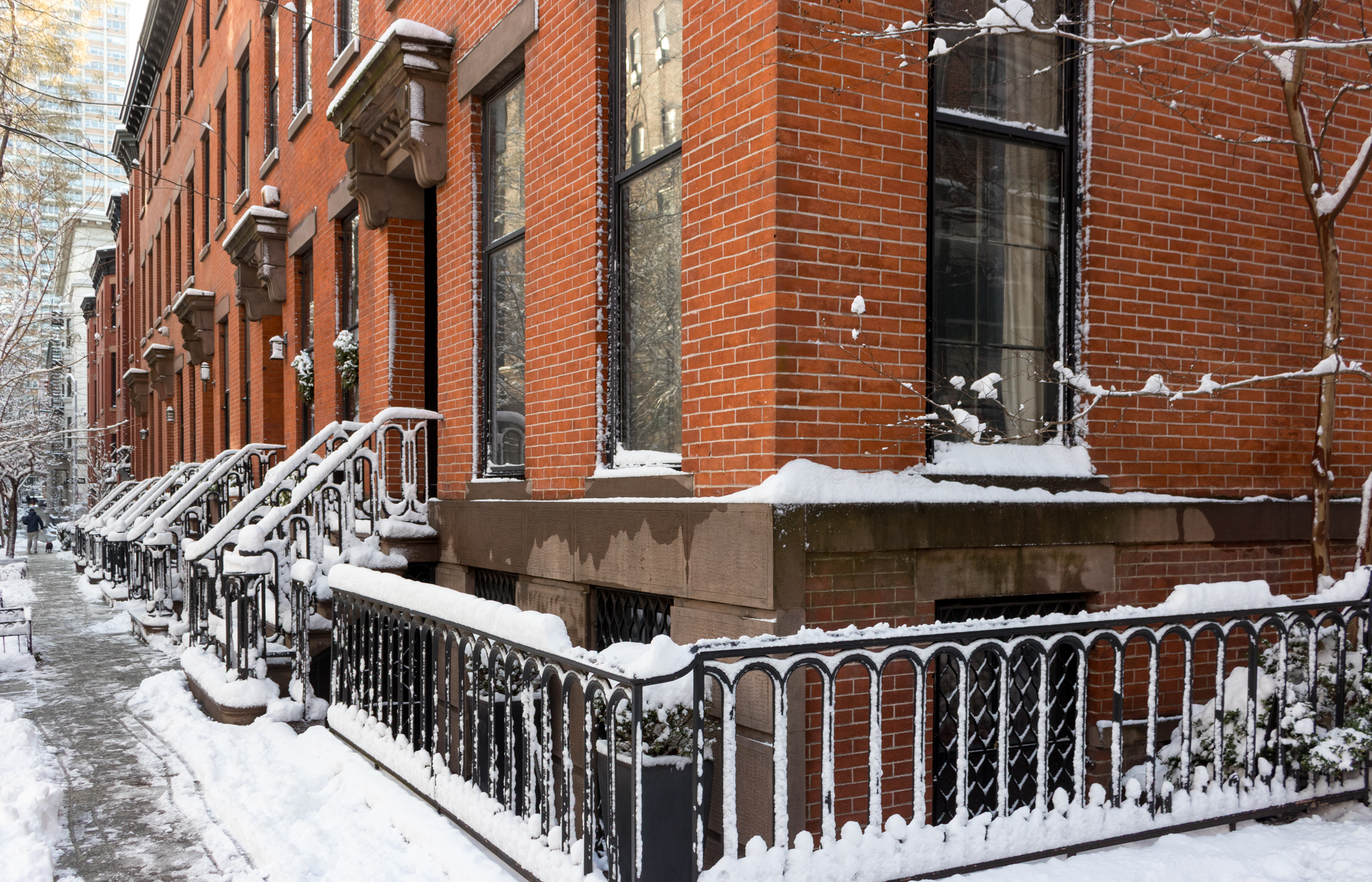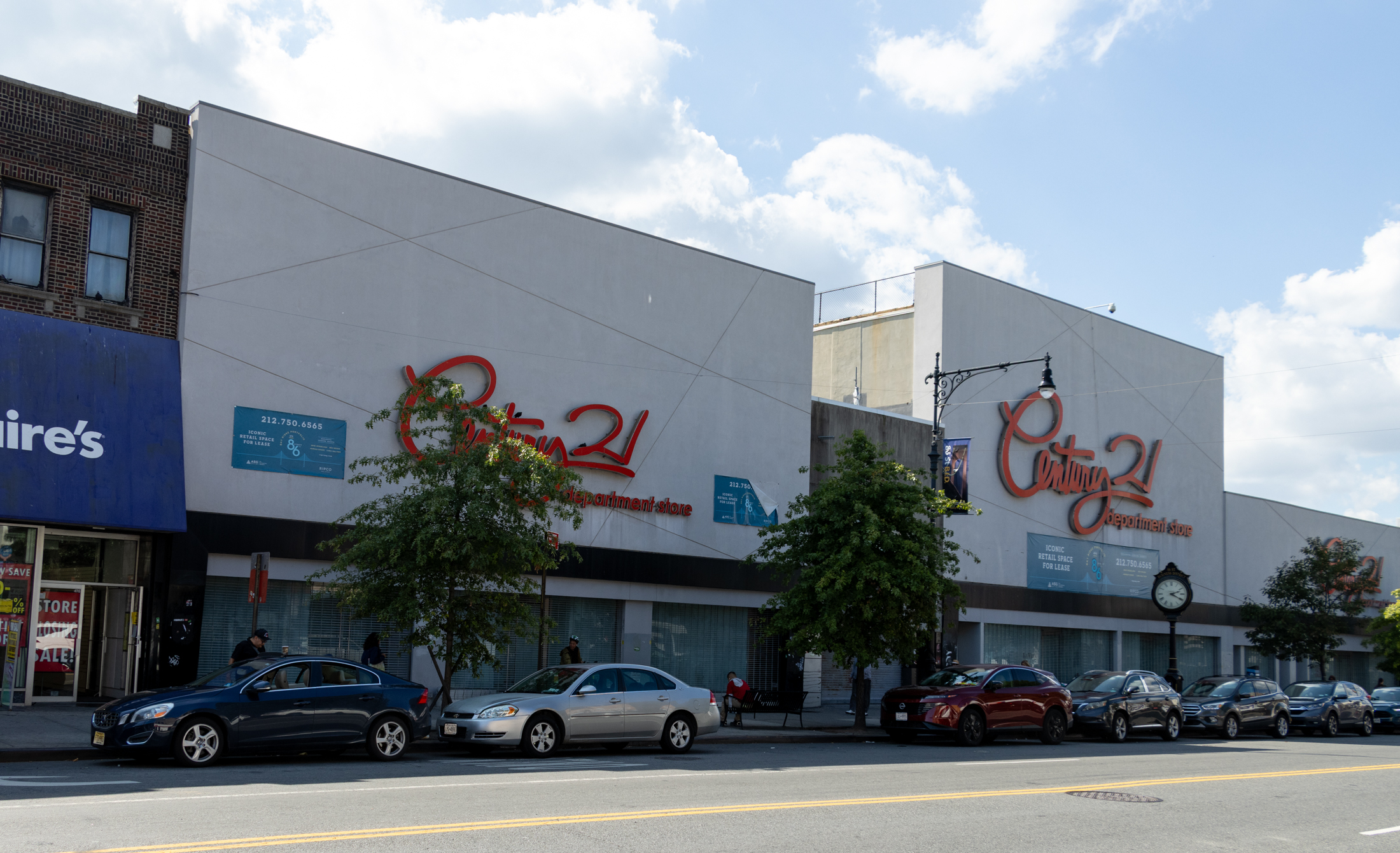F.H.A. Loans Skyrocket in Popularity
From this weekend’s Times real estate section: “Loans insured by the F.H.A., an arm of HUD, protect lenders from losses, thereby encouraging them to provide financing to those who might otherwise be refused a mortgage. These loans are typically 30-year fixed-rate products, but they require only a small down payment, as low as 3.5 percent…

 From this weekend’s Times real estate section: “Loans insured by the F.H.A., an arm of HUD, protect lenders from losses, thereby encouraging them to provide financing to those who might otherwise be refused a mortgage. These loans are typically 30-year fixed-rate products, but they require only a small down payment, as low as 3.5 percent — significantly less than the 20 percent standard of recent months. Often, the loans are made to people who don’t have perfect credit scores.” The article says the loans now account for a quarter of all mortgages, up from 2 percent only 3 years ago. Although they often serve borrowers with less-than-stellar credit, they’re considered solid because people receiving them must have verifiable income and jobs. The loans cap out at $729,750 here in New York, and condo developers who want to offer them have to “meet a variety of financial, structural and environmental standards and restrictions.” As we covered a couple weeks ago, an East Williamsburg condo that offers F.H.A. loans is seeing brisk sales.
From this weekend’s Times real estate section: “Loans insured by the F.H.A., an arm of HUD, protect lenders from losses, thereby encouraging them to provide financing to those who might otherwise be refused a mortgage. These loans are typically 30-year fixed-rate products, but they require only a small down payment, as low as 3.5 percent — significantly less than the 20 percent standard of recent months. Often, the loans are made to people who don’t have perfect credit scores.” The article says the loans now account for a quarter of all mortgages, up from 2 percent only 3 years ago. Although they often serve borrowers with less-than-stellar credit, they’re considered solid because people receiving them must have verifiable income and jobs. The loans cap out at $729,750 here in New York, and condo developers who want to offer them have to “meet a variety of financial, structural and environmental standards and restrictions.” As we covered a couple weeks ago, an East Williamsburg condo that offers F.H.A. loans is seeing brisk sales.
F.H.A. Loans Help Sales [NY Times]
Nondescript East W’burg Condos Defying the Market [Brownstoner]
On the Other Hand: Chase Pushing FHA Loans [Brownstoner]





You’re a fool if you think people with “less than perfect credit and who can’t afford 20% down” are the only ones who buy highly levered…
I got really lucky and am about to close on a 2-family in Greenpoint with an FHA loan. There is a ton of red tape to deal with this type of loan. I have an ultra secure government job , 10 years on the job. They required Bank statements, VOE from employer, 401k statements, 2 years tax returns, 2 years W2 statements, and a lot other documentation.
The program imho is great right now for people with decent/good credit and very stable jobs. HUD dots every I and cross every T. You will have to verify everything , they are strict, and be prepared to wait months to close your deal. They are really strict about the DTI , if your numbers are off , you will not qualify. My wife and myself make over 100k and could barely qualify for a 500k loan on a legal 2-family with rental income. If anyone is looking to buy a condo with an FHA loan , you better conform to their DTI ratios , this will be more difficult without the benefit of added rental income.
“the loans now account for a quarter of all mortgages, up from 2 percent only 3 years ago”
Translation: Prices are getting WHACKED!
“The loans cap out at $729,750 here in New York”
Translation: Prices are getting WHACKED!
“developers who want to offer them have to ‘meet a variety of financial, structural and environmental standards and restrictions.'”
Huh, like 50% sold? Good luck with that…
***Bid half off peak comps***
You naysayers are all nutcases. The FHA loan program has helped people buy inexpensive ($200,000 and lower) houses and apartments in very expensive areas (NY, SF) for years and as others point out above has a very low default rate. This is not what caused the mortgage bubble — that was predatory lending.
northsloperenter I guess we’re basically saying the same thing, but I’d point out that excessive leverage on a large scale can also drive prices below fair value (whatever that is) in a bust. It’s just structurally unsound.
woodys — I agree 3.5% down is the scariest part of it. I’d be a lot more comfortable seeing the government help people to get a mortgage if they could put 20% down.
But the side effect of letting people buy with 3.5% down is that a lot more people can buy more expensive properties and thus drive up prices for everyone else.
These types of “home owner assistance” programs are self defeating if they get too large. They must remain a small part of the market if they are going to help people without distorting the market.
Otherwise you get a feedback loop where people getting govt. help drive up prices making it harder for other people to afford homes, thus increasing the number of people seeking govt. help who then go and drive up prices more which makes it even harder for other people to afford homes, so even more people seek government assistance, etc. etc. etc. until the bubble bursts.
Like I said, at 2-3% of the market, I think these loans are fine. At >10% of the market, there is a serious problem. It reeks of corporate welfare.
FHA loans do help those with less than stellar credit and traditionaly don’t penalize the borrower for fico scores unlike Fannie/Freddie.
FHA loans are more stringetn on DTI (debt to income ratios)
FHA loans want a 33% front end ratio with a 41% back end ratio. That means that no more than 33% of you GROSS income can go to pay the mortgage and 41% of all your montly debts can not excede 41%.
Freddie Mac is 45% back end ratio and Fannie Mae goes higher, i’ve still seen loans with 54% back end ratios get approved for low LTV’s.
Conforming Jumbos for Both Fannie and Freddie are at 45% back end ratios MAX.
Hope that clear up some questions.
adahill@approvedfunding.com
the problem with this program is not that it drives prices up but the low equity the buyer puts in — 3.5% down is a joke with real estate markets as volatile as they are, a bad month could put you underwater. Not sure how verifying income and employment would turn that into a “solid” loan.
every year you deduct mortgage interest on your tax form you are part of reason driving up house prices.
Why don’t you complain about that deduction. Why only complain about gov’t programs that someone else benefits from and not you.